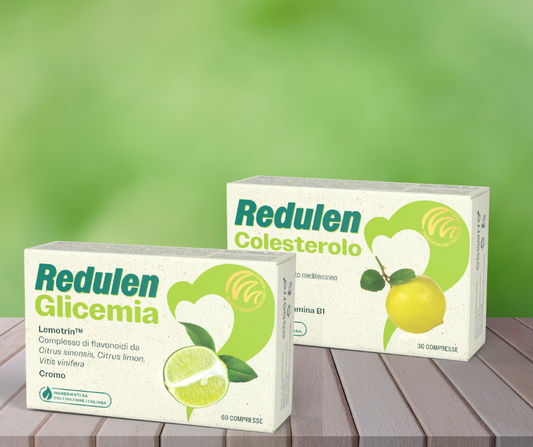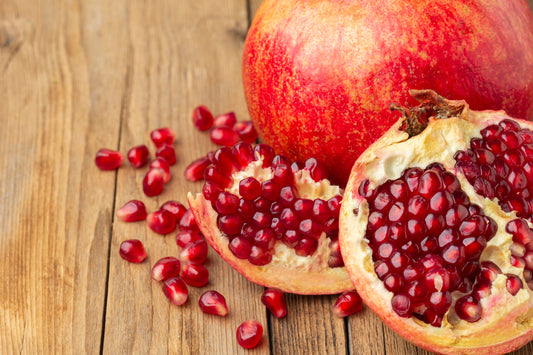Introduction
Gastrointestinal disorders are a large group of common conditions that affect a significant portion of the global population. The most common conditions include gastroesophageal reflux disease (GERD) , irritable bowel syndrome (IBS) , diverticulosis (which can progress to diverticulitis), and inflammatory bowel diseases (IBD) , such as Crohn's disease and ulcerative colitis. These disorders are characterized by variable symptoms that range from heartburn and gastric reflux in the case of GERD, to abdominal pain, cramps, bowel changes, bloating, and flatulence in other conditions.
In these cases, in addition to pharmacological and surgical treatments, an adequate nutritional approach plays a fundamental role. The integration of soluble fibers such as resistant dextrins can be particularly useful in alleviating gastrointestinal symptoms and improving the quality of life of patients.
The Role of Soluble Fiber
Soluble fiber is essential for gut health. It dissolves in water to form a gel-like substance that softens stool, regulates nutrient absorption, and promotes a balanced gut microbiota. Resistant dextrins are a type of soluble fiber that is not digested in the small intestine and reaches the colon intact, where it is fermented by beneficial bacteria, such as bifidobacteria and lactobacilli, producing short-chain fatty acids (SCFAs) that nourish colon cells.
Benefits of Resistant Dextrins in Gastrointestinal Disorders
Supplementation with resistant dextrins offers several benefits in the management of gastrointestinal disorders , including:
-
Irritable Bowel Syndrome (IBS) : Resistant dextrins improve symptoms such as abdominal pain, cramps, diarrhea, and constipation, reducing the frequency and intensity of attacks.
-
Diverticulosis and Diverticulitis : The use of soluble fiber increases the volume of stool, reducing pressure on the diverticula and preventing the formation of new pouches.
-
Inflammatory bowel disease (IBD) : Resistant dextrins promote symptom remission and reduce the need for drugs, improving patients' quality of life.
Nutritional Integration and Management
For optimal management of gastrointestinal disorders , supplementation with soluble fibers such as resistant dextrins can alleviate symptoms and promote a balanced intestinal condition. In addition, adopting a diet rich in fiber and avoiding irritating foods (such as caffeine, spicy foods and alcohol) are essential for the treatment of diseases such as GERD and IBS . A multidisciplinary approach, including nutritional and psychological support, is also important, especially for patients with IBS, where the psychosocial component plays a key role.
Preventive Recommendations
For patients with IBD , who are at higher risk of complications and malnutrition, it is essential to maintain a normal body weight, do regular physical activity and follow a healthy and balanced diet, rich in cereals, legumes, vegetables and fruit , limiting the intake of ultra-processed foods , saturated fats, sugars and red meat . Cancer prevention, important for patients with IBD, also includes maintaining a healthy lifestyle and a proper diet.
Conclusions
Supplementation with soluble fibers such as resistant dextrins can have positive effects in the management of gastrointestinal disorders, improving the quality of life of patients with IBS , diverticulosis and IBD . It is important to follow a personalized nutritional plan, which may also include psychological support, to best address these conditions and prevent future complications.


